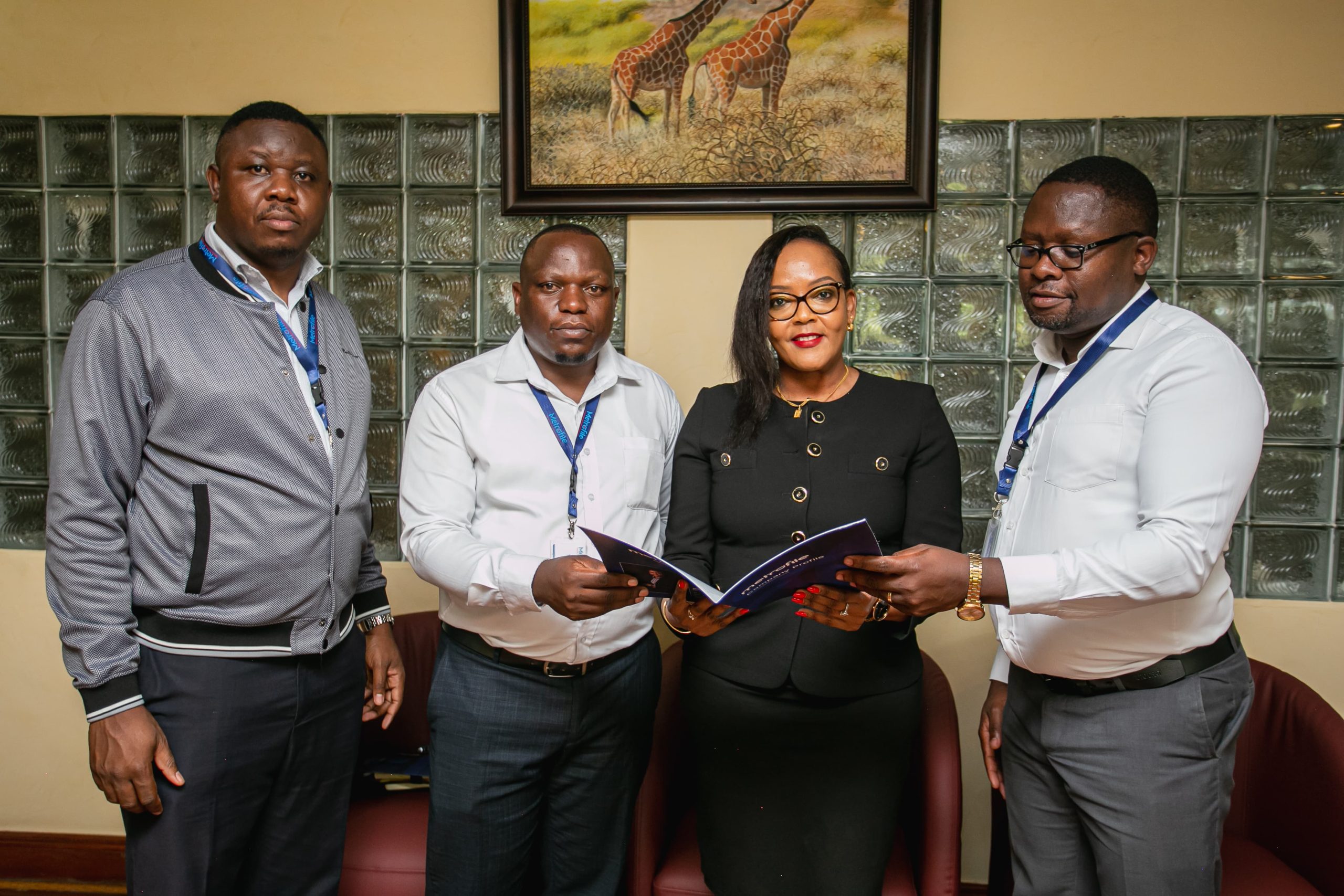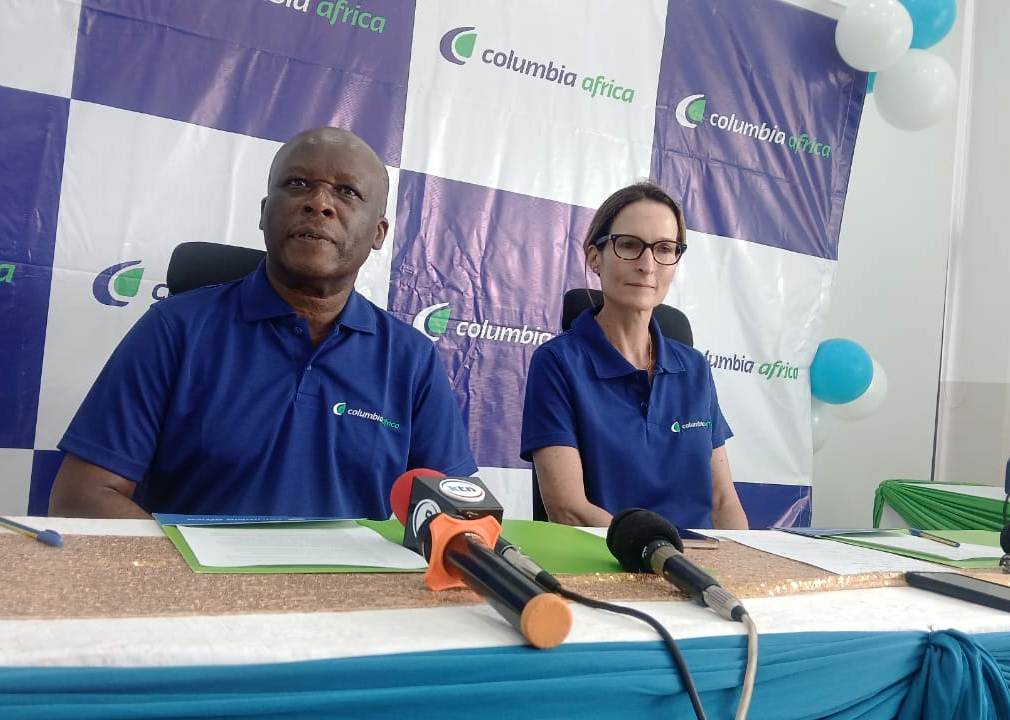Documents presented to the Senate revealed that out of 34 companies awarded waivers, 10 were from Uganda, while the remainder were from Kenya, Congo, South Sudan, Brazil, the DRC, Tanzania, and Hong Kong
By The Weekly Vision Investigations Team
A Senate Committee on Roads, Transport, and Housing has launched an investigation into the Kenya Ports Authority (KPA) following revelations that the authority issued tax waivers totalling Ksh 1.4 billion in the 2023/2024 financial year. The committee is chaired by Kiambu Senator Karungo Thang’wa. The team is probing claims that these waivers may have been misused as a conduit for corruption.
The committee has expressed concern over significant financial losses attributed to these waivers, specifically noting that Uganda has been a major beneficiary. Senator Thang’wa emphasized the need to thoroughly investigate the situation, stating, “One area where KPA is accused of being exploited for corruption is the waiver issue. We need to scrutinize this matter further.” He added, “Many of the companies receiving these waivers are from Uganda. Some justifications, like an accident involving a company owner’s son, seem questionable. We need to ensure clarity on these matters, even if it involves meeting the individuals involved. There are suspicions that some may be profiting from this situation.”
Nairobi Senator Edwin Sifuna criticized KPA’s explanations for granting waivers, which they attribute to reasons such as court orders and health issues. He found these explanations unconvincing. Documents presented to the Senate revealed that out of 34 companies awarded waivers, 10 were from Uganda, while the remainder were from Kenya, Congo, South Sudan, Brazil, the DRC, Tanzania, and Hong Kong. From July 1, 2023, to September 30, 2023, KPA issued waivers totaling $2,751,834.51 (approximately Ksh 352.2 million) to 139 applicants, despite 194 entities applying for waivers. The documents detail that 105 of these applications, each below Ksh 2 million per bill of lading, received waivers totalling USD 617,894. Meanwhile, 34 applications exceeding this threshold were granted waivers amounting to USD 2,133,939.2.
KPA Managing Director William Ruto defended the waiver policy, asserting that waivers are governed by established guidelines. He confirmed that KPA granted a total of $11.4 million in waivers during the year, primarily for storage-related charges. Although this represents only 2% of the Ksh 67 billion KPA earned during the year, Ruto pointed out that most port revenues come from areas other than storage. He noted that dry ports aim to avoid excessive storage, as overfilled facilities are considered inefficient, and efforts are made to expedite cargo clearance upon arrival.
The documents indicate that some companies, particularly in Uganda, received significant waivers. For instance, a company named Semanda Aron was granted a waiver of $29,274 (Ksh 3.7 million) on a storage charge of $46,470 (Ksh 5.9 million) due to delays caused by an accident involving the cargo owner’s son. Similarly, Swazi Tea Company Limited was granted a waiver of $16,500 (Ksh 2.1 million) out of a total storage charge of $33,000 (Ksh 4.2 million) due to shipping document issues. Another company, Somdiam Limited, received a waiver of $41,445 (Ksh 4.973 million) on a storage cost of $30,760 (Ksh 3.93 million) because of delays in obtaining necessary shipping documents.
These findings highlight potential irregularities and misuse in the issuance of tax waivers by KPA, prompting calls for a more in-depth examination and accountability.





